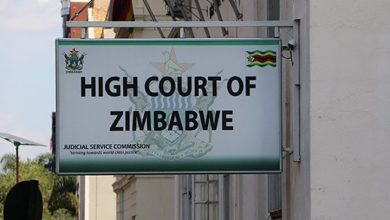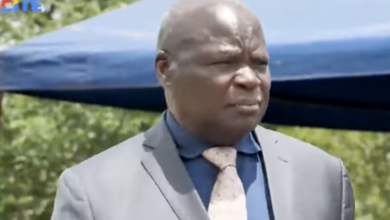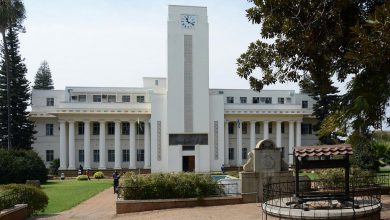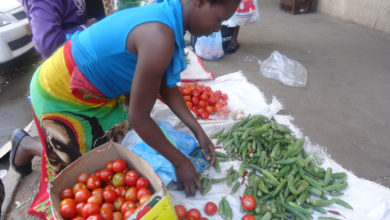WHO worried over Zim’s Universal Health Coverage slow pace
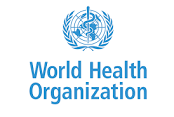
The World Health Organisation (WHO) says it is concerned with Zimbabwe’s slow pace in improving Universal Health Coverage (UHC) which is part of an initiative to ensure everyone has access to proper health services.
Speaking at a recent methodology workshop on Health Labour Market Analysis (HLMA) held in the city this week, WHO representative, Alex Gasasira said the country’s performance on its UHC was a cause for concern.
“Historically Zimbabwe has consistently performed above the African average, with an increasing Universal Health Coverage (UHC) index from 32 percent in 2000 to 55 percent currently.
“It is however becoming a concern to note that Zimbabwe’s pace of improvement is no longer as fast as we hoped for because Zimbabwe’s UHC index has remained around 55percent since 2015,” said Gasasira.
He said despite a recent global UHC monitoring report by WHO and the World Bank showing progress there was a risk of slowing down the pace of improvement as a result of the Covid-19 pandemic.
In addition, Gasasira said through the Health Services Board and the Ministry of Health recently reviewed the National Human Resources for Health (HRH) laying a clear policy direction toward having an adequate, well-trained and motivated health workforce for the establishment of the respirators of the national health strategy.
“What is needed now is an evidence-informed implementation of the policy, led by the government and mutually supported by all stakeholders to realize the full tenets of the new policy.
“For example, health worker shortages are compounded by pandemic-driven demand for health workers in the high-income countries that has fuelled the out-migration of health workers from Africa in which Zimbabwe has faced a disproportionate share. For Zimbabwe’s health systems to fully recover from the adverse impact of the pandemic and to adequately deliver on the promise of UHC there is an urgent need for a renewed focus on the health workforce,” said Gasarira.
He further explained: “It is in this spirit that WHO is slowly supporting the government in collaboration with other partners to use the HLMA to generate evidence to inform the development of a new HRH strategy and sustainable investment plan to address some of the longstanding challenges such as the shortage of health workers”.


